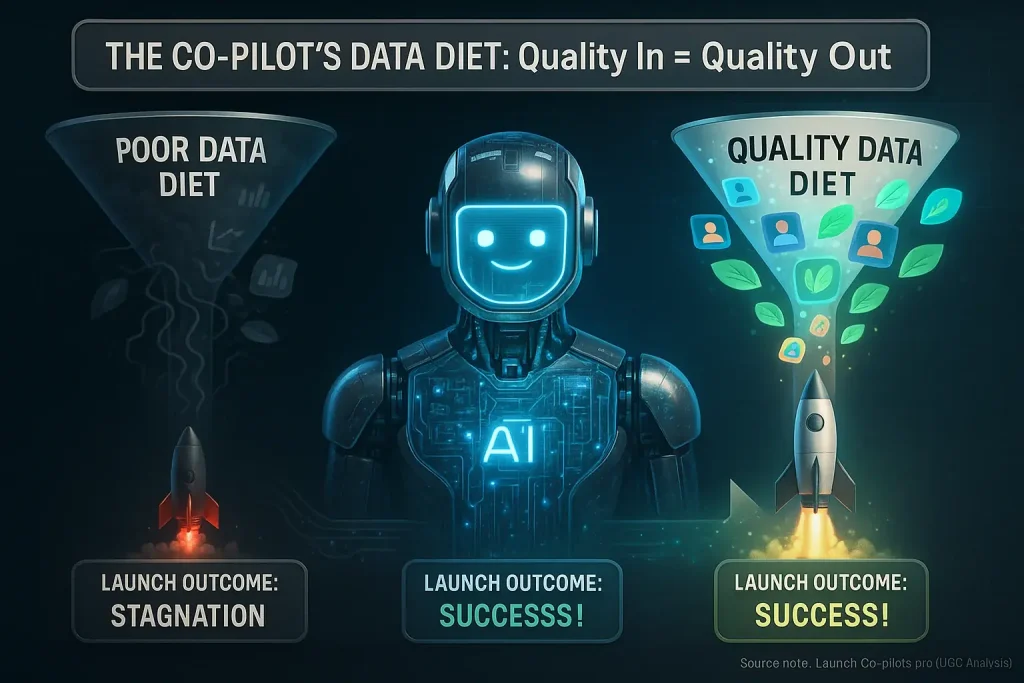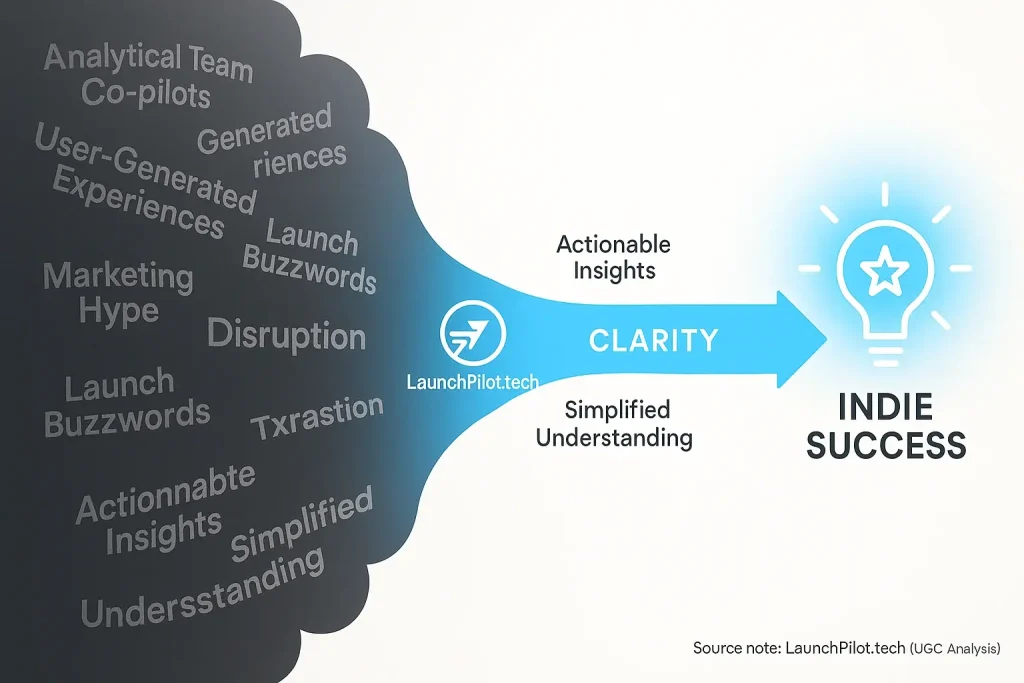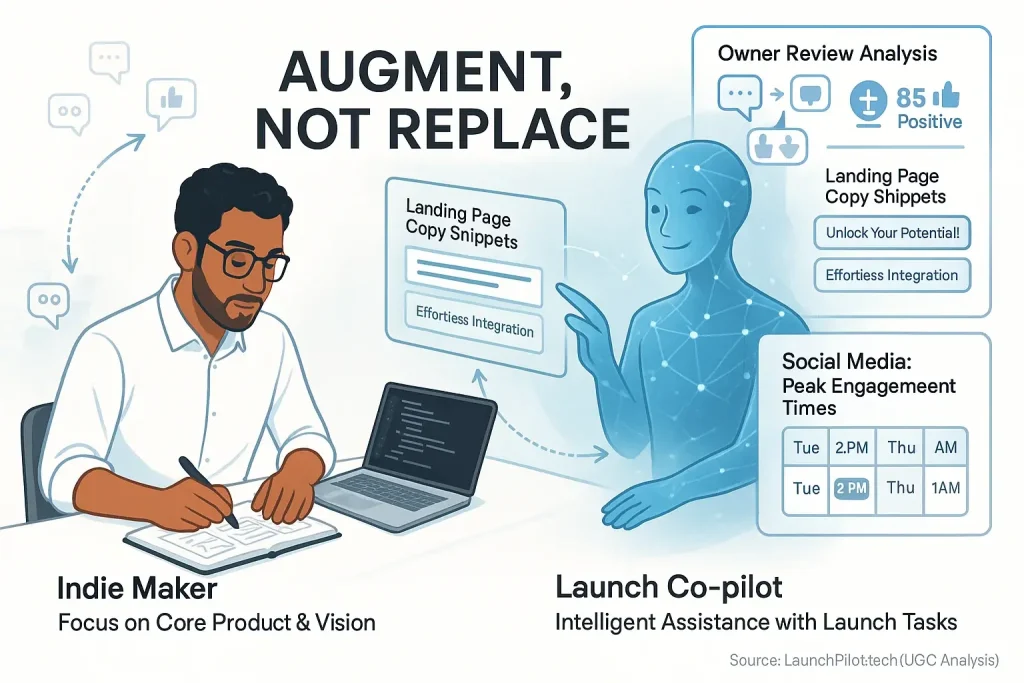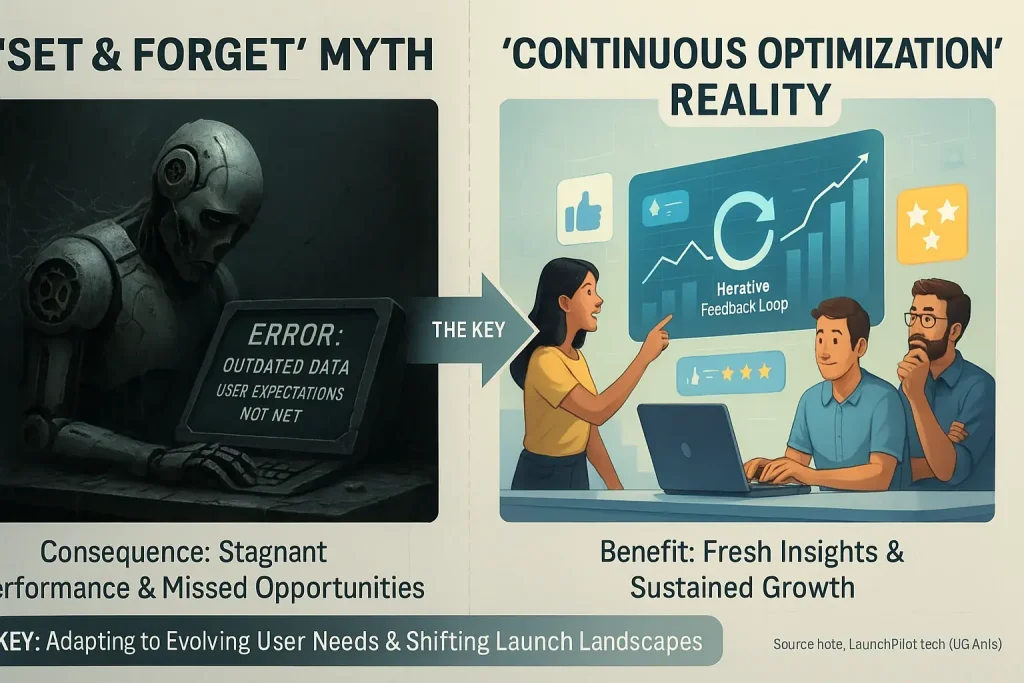The Unpredictable Storm: Why Indie Launches Hit Turbulence & How AI Becomes Your First Responder
Indie launches often hit turbulence. Perfect plans can shatter. Unexpected problems explode suddenly. Many indie makers report this launch day anxiety. Even the best preparation sometimes fails. It's a common story.
User feedback co-pilots offer a new defense. They are more than promotion tools. Consider them your digital first responder. Our synthesis of indie maker feedback highlights this emerging use. These platforms can detect negative sentiment early. They assist with rapid issue identification.
This guide dives into that vital capability. We will reveal how community consensus analysis acts as your early warning system. It helps you manage launch crises effectively. All findings stem from our deep analysis of user-generated content. You will discover practical strategies for smarter crisis response.
The Digital Smoke Detectors: How AI Co-pilots Spot Early Warning Signs of Launch Problems (Before They Explode)
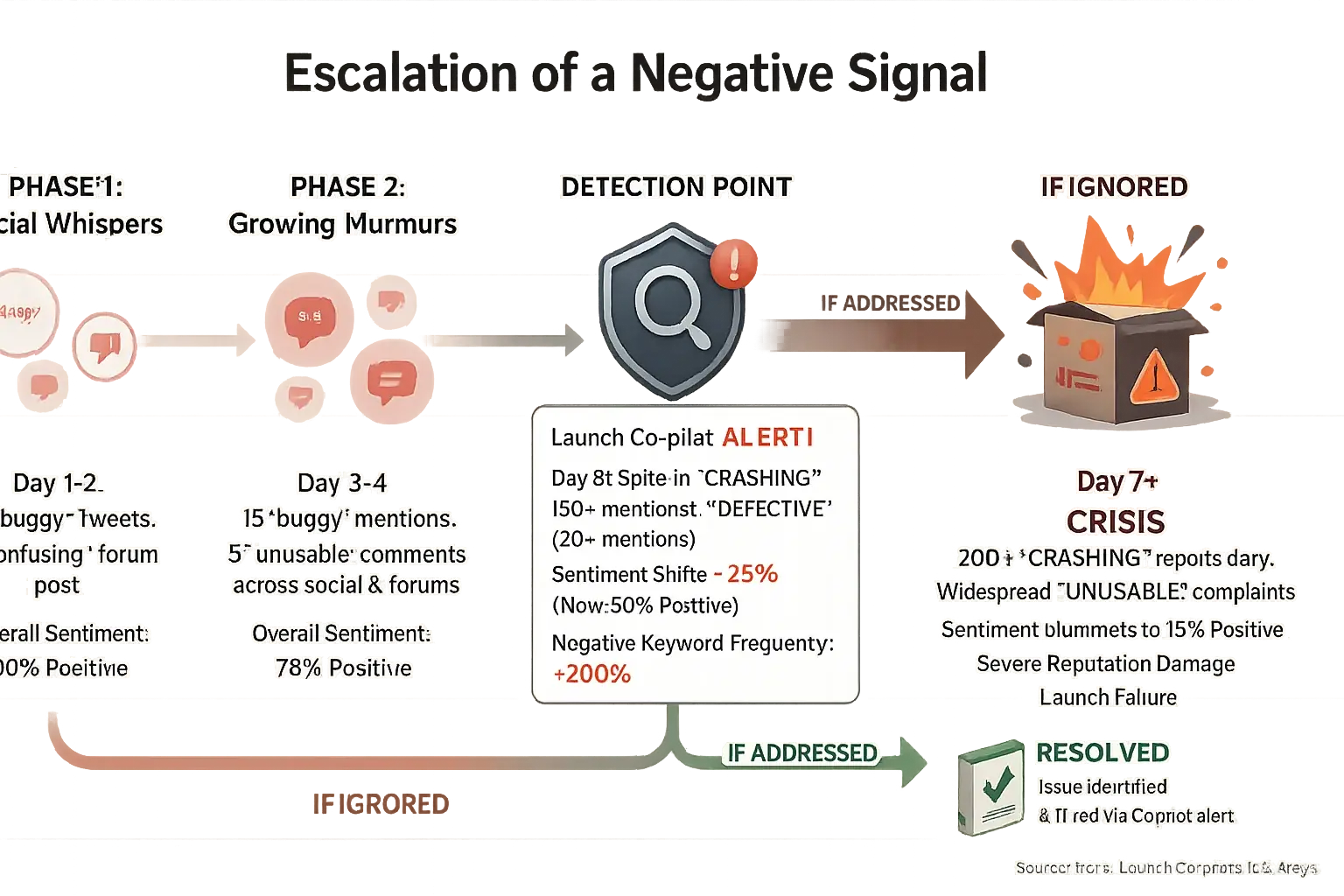
Your product launch needs a digital smoke detector. Our content Co-pilots provide this crucial early warning. They continuously monitor social media, forums, and review sites. Collective wisdom from the indie launch community shows this vigilance prevents disasters. Small whispers of trouble often surface in these user discussions first.
Real-world user experiences reveal specific early warning signs. Imagine this: a sudden spike in mentions of "buggy" on Twitter. Or "unusable" trends within your support forums. These are not isolated comments. They are patterns. Many indie makers learned this truth. Ignoring subtle sentiment shifts costs dearly, based on their accounts. Catching these signals early prevents wider user frustration.
Our rigorous examination of aggregated user experiences shows how these Co-pilots operate. They analyze specific problem-related keywords from user feedback. Terms like "crashing," "defective," or "disappointing" get flagged immediately. The emotional tone within user comments undergoes careful scrutiny. Frequency spikes in negative language also trigger vital alerts. This proactive detection saves immense time. It protects your hard-earned reputation, a truth echoed by countless indie makers.
Interactive Checklist: Your AI-Powered Launch Crisis Response Protocol
What's Your Launch Crisis?
Select a crisis type and click 'Get AI Protocol' for immediate advice.
Phase 1: Detect & Assess the Situation
Phase 2: Immediate Technical & Operational Response
Phase 3: Crisis Communication Protocol
Phase 4: Resolution & Post-Crisis Actions
This checklist offers rapid crisis guidance. Indie makers gain immediate, actionable steps. Our synthesis of user experiences shaped this tool. Remember: your judgment is crucial. Data assists. Your instincts matter greatly during high-stress launch events.
Proactive planning is invaluable. Simple protocols prevent launch day disasters. Many indie makers confirm this truth. Consider your potential crises now. What vulnerabilities exist for your product? Prepare for those specific scenarios.
Mastering the Message: AI-Assisted Crisis Communication & Protocols for Indie Makers (What to Say When Everything's Burning)
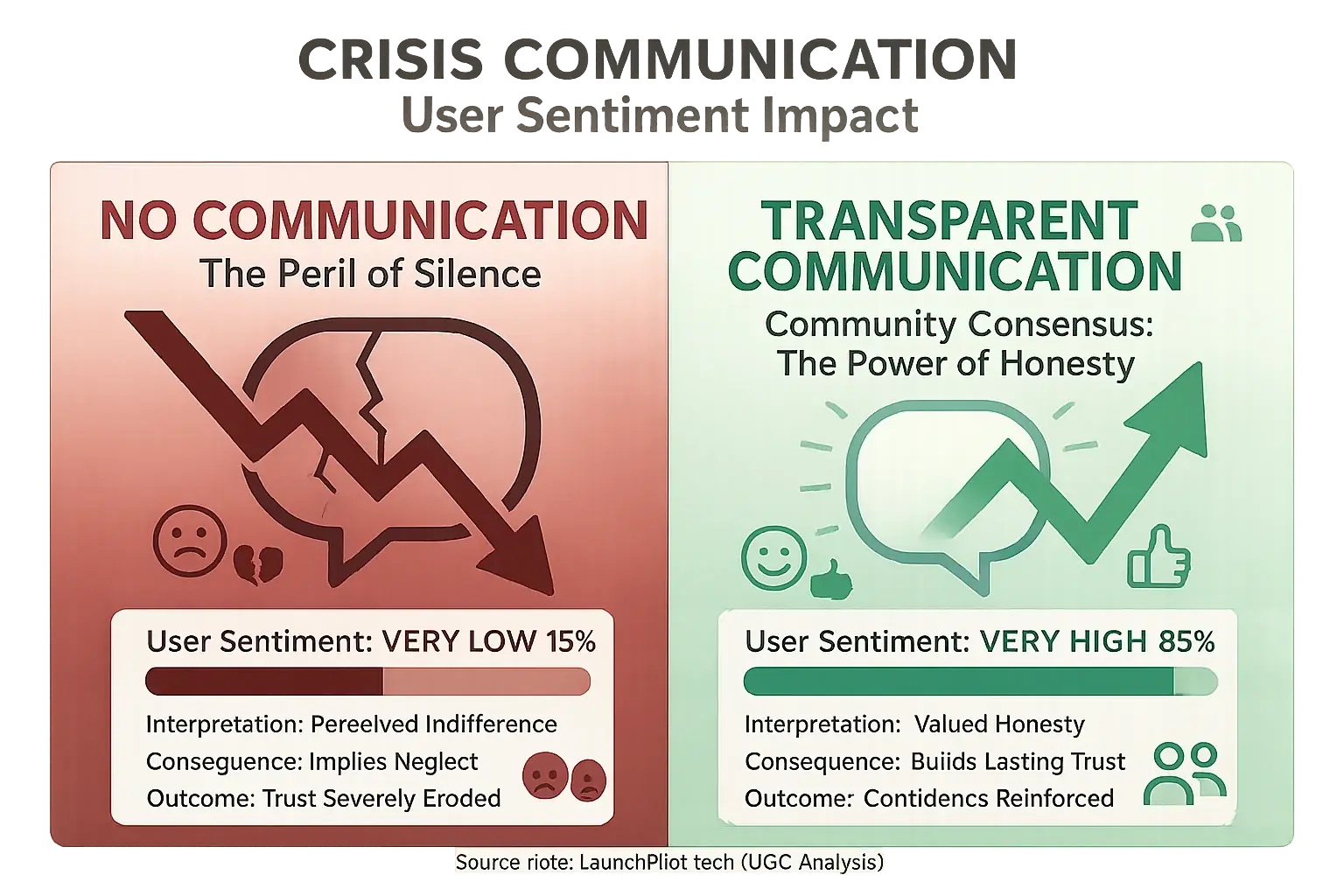
Indie launch crises demand swift communication. Clear messages are vital. Silence often implies indifference. Or worse, incompetence. Our synthesis of indie maker feedback highlights a solution. Data insights co-pilots assist with message drafting. They save crucial time.
These tools help draft varied crisis communications. They structure apologies. They clarify status updates. They build confidence with solution announcements. Automated systems quickly generate drafts. These cover social media, email, or status pages. Human review remains essential. Always verify.
Essential crisis protocols offer clear guidance. Speed matters greatly. Transparency builds lasting user trust. Empathy shows you care. What about next steps? Clear ones provide crucial direction. Community feedback highlights these elements repeatedly. Users value honesty. They also need resolution paths.
Extensive user discussions reveal a truth. No response can be the loudest message. It often screams neglect. Our patterns observed across extensive user discussions show a key benefit. Co-pilots prompt timely communication. This happens even without an immediate full solution. Avoiding damaging silence is key for trust.
Learning from the Storm: Post-Crisis Analysis with AI Co-pilots (Turning Failures into Future Fortunes for Indies)
A launch crisis feels brutal. We get it. Yet, our analysis of indie maker experiences reveals these moments are potent learning opportunities. Smart indies treat them as such. Data analysis co-pilots become indispensable investigative tools here. These feedback reviews can help you analyze the flood of feedback, pinpointing the exact moment things went sideways. This clarity transforms chaos into a structured inquiry.
Identifying true root causes demands deep digging. What really broke? User content co-pilots excel at connecting disparate data fragments. They correlate sudden sentiment shifts in user comments with server error logs. Or link a sharp drop in feature engagement to a specific, problematic update. Users who leverage our analysis for this post-mortem often discover surprising correlations that manual review would miss. This capability uncovers issues buried deep within complex data patterns, a common finding in community-reported successes.
The investigation yields vital intelligence. What next? Actionable insights for future launches are the prize. Synthesized indie maker feedback shows co-pilots help translate crisis data into robust preventative measures. You can refine product roadmaps. You can strengthen launch protocols. The goal isn't just to survive a crisis, but to emerge stronger, and consensus content, as highlighted by extensive user discussions, can help chart that course. This turns a setback into a strategic advantage for your next venture.
